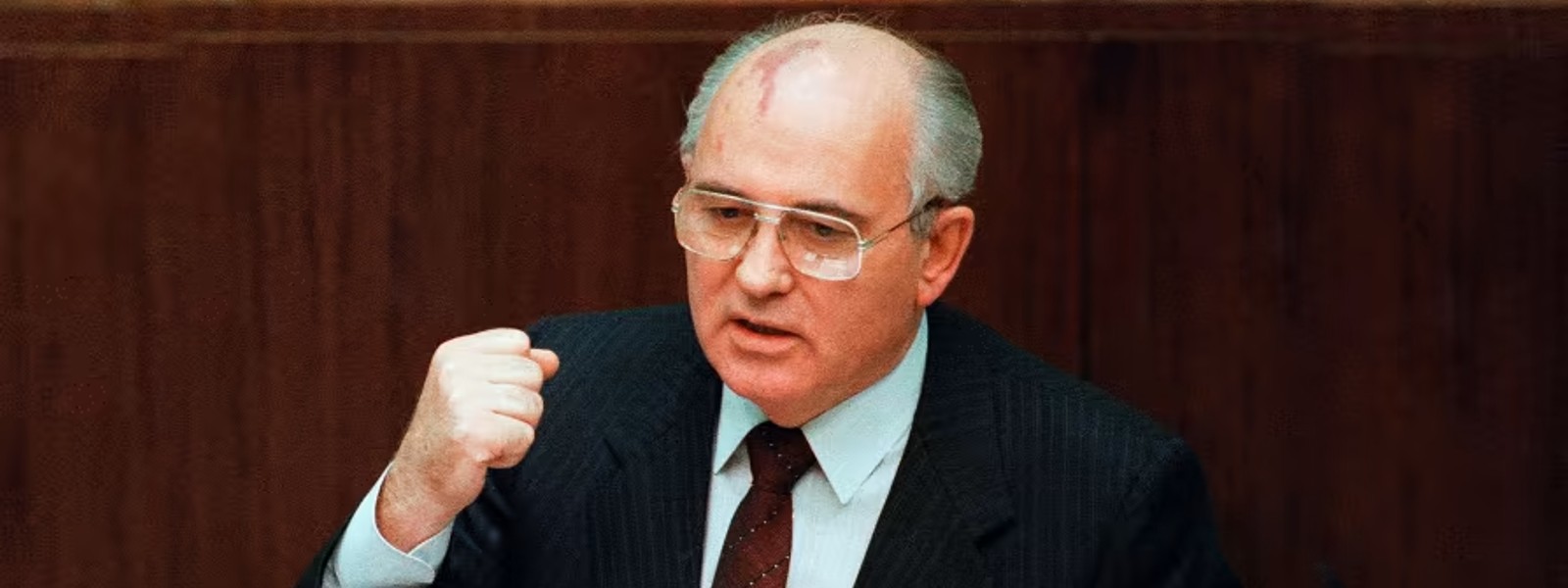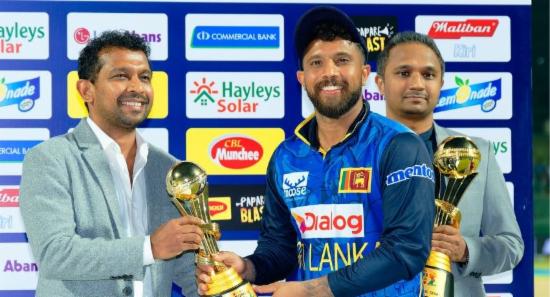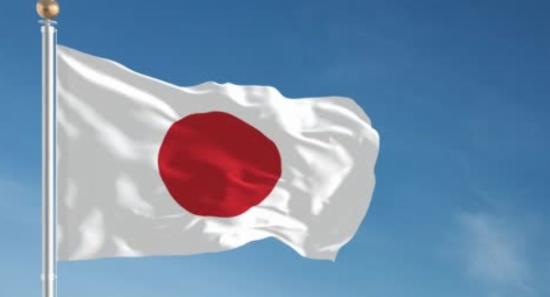.webp)

Mikhail Gorbachev, the first and only president of the Soviet Union, has died
RT: Mikhail Gorbachev, the first and only president of the Soviet Union, has died at the age of 91, in Moscow.
His death was reported on Tuesday night by the Central Clinical Hospital, which said in a statement that “Mikhail Sergeyevich Gorbachev died this evening after a serious and prolonged illness.”
According to the news agency TASS, Gorbachev was hospitalized at the very beginning of the Covid-19 pandemic, at the request of his doctors, and had been under medical supervision ever since.
Gorbachev will be buried in Moscow’s Novodevichy Cemetery next to his wife, Raisa, who died in 1999, TASS revealed, citing a source familiar with the family’s wishes.
A divisive figure, supporters credit him with having played a key part in bringing about an end to the Cold War, while opponents accuse him of aiding in the fall of the Soviet Union and a major loss to Moscow’s prestige and global influence.
Born in 1931 into a peasant family in southern Russia, in his teens Gorbachev operated combine harvesters on collective farms. His party career started early in his student years, when he studied law at Lomonosov Moscow State University. His ascent through the ranks was relatively rapid, and in 1985 he became the general secretary of the Central Committee of the Communist Party of the Soviet Union, making him the highest ranking official in the USSR.
During his time in office, Gorbachev aimed to re-energize the stalled Soviet economy, which was riddled with inefficiency, overblown defense spending and creeping corruption. He called for urgent reorganization and modernization, but soon expanded his reform to the political and social structure of the whole nation.
The policy of ‘perestroika’ was announced in 1986 as an attempt to reorganize the economy. More of a political movement, the “restructuring” aimed to give more independence to ministries and large state-owned enterprises. It also introduced some free market-style reforms. In 1988, Gorbachev permitted establishing private enterprises in the country for the first time since Vladimir Lenin’s “New Economic Policy” of the 1920s.
Another policy proclaimed was ‘glasnost'. Gorbachev aimed to bring transparency into society, ease the Communist Party’s control over the media and release political prisoners. This was a radical change, since control over public speech had previously been an essential part of the Soviet regime.
Gorbachev also proposed a constitutional change to move to a presidential system and created a new political body called the Congress of People’s Deputies. The 2,250 members were elected in the Soviet Union’s first semi-competitive parliamentary election. On March 15, 1990, following a vote in the Congress of People’s Deputies, Mikhail Gorbachev became president of the USSR.
Gorbachev’s foreign policy, also known as the “new thinking,” marked a period of significant improvement of relations between the Soviet Union and Western countries, replacing the era of Cold War hostilities.
In 1986, he announced plans to withdraw Soviet troops from Afghanistan, but it took three more years to complete the pullout.
The Soviet-Afghan war was a major point of criticism for the West. It also cost the Soviet Union at least 15,000 casualties, put additional strains on an already creaking bureaucratic planned economy and filled the country with veterans suffering from combat stress disorders.
The reengagement with the West paved the way for several key disarmament treaties to be signed. Moscow and Washington agreed to dismantle their intermediate-range conventional and nuclear missiles – the very precise weapons that could tempt the military into using nuclear weapons on a limited scale, but still trigger global mutual annihilation. Under Gorbachev, Moscow unilaterally stopped all nuclear tests.
Moscow’s relations with the Eastern Bloc countries also underwent a radical change. Earlier, Soviet troops always served as the final argument, should one of the countries of the Cold War-era Warsaw Pact try to shift its allegiance. But Gorbachev’s liberalization included the right of self-determination for those nations. This was jokingly called the “Sinatra doctrine” after the singer Frank Sinatra, alluding to his song, 'My Way', as countries were allowed to determine their own internal policies. A string of revolutions in 1989 ousted European Communist regimes, and in 1990 West and East Germany reunified as one country.
Other Articles
Featured News





.png )


-797521_550x300.jpg)


-797351_550x300.jpg)




-797273_550x300.jpg)



















.gif)